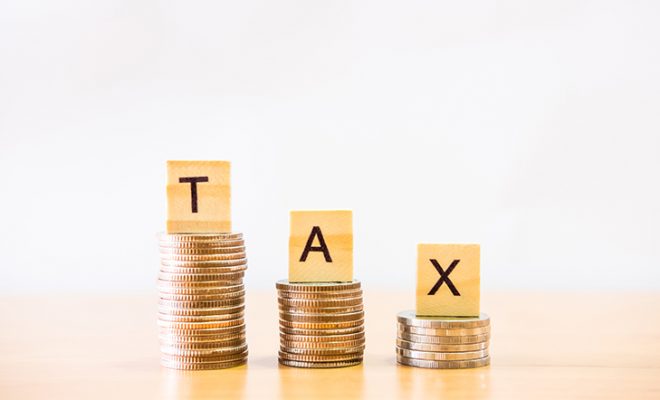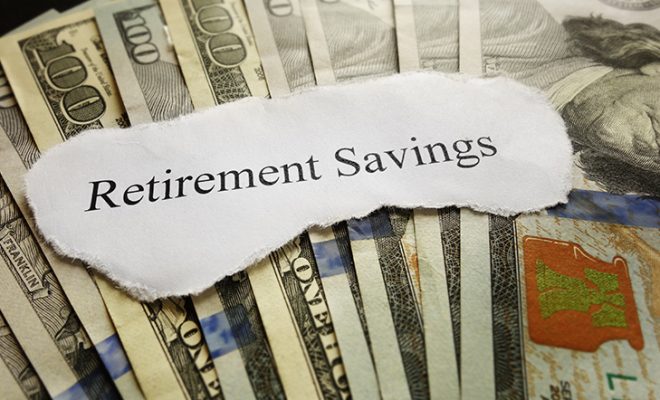What Can A Good Retirement Planner Do For Me?

In a limited sense, a retirement planner helps you prepare a plan for your after-work years. But this is not all that a retirement advisor can do. To ensure that you are adequately funded, and enjoying the glorious years of your retired life, it can be important for you to adopt a comprehensive approach to retirement rather than focusing on an investment plan.
In this regard, a retirement planner understands your needs, estimates risk-ability, discovers income sources, evaluates expenses, applies a savings program, and aids in managing assets and resources. Moreover, they also play a vital role in helping you estimate and secure cash flows and assets for the future. If utilized to the maximum of their capability, a retirement planner can assure you a secure financial future.
Here’s what a good retirement planner can do for you.
What encompasses the role of a retirement planner?
A retirement planner is not merely an individual who provides retirement-related advice. Although that is a major constituent of their role, there is a lot more to explore. These professionals have skills, experience, and knowledge to help you get a clear understanding of your retirement goals, and then structure a plan to achieve these goals. They provide advice on what should be your savings rate, given your income and future needs. They also help you ascertain how much you should be spending to maintain your budget.
In addition to this, a retirement planner is also able to identify potential income sources for retirement (such as part-time work, semi-retirement) and help you maximize on their benefits. With expertise in asset management, they can help you select the right instruments based on your risk appetite. Further, a critical role that a retirement planner fulfils is to have a robust understanding of your retirement savings accounts and other resources. These may include a 401(k) account, an IRA (Individual Retirement Account), HSA (Health Savings Account), etc. They would also be able to guide you with your pension and Social Security benefits and help frame strategies to capitalize on withdrawals. A retirement planner is well-versed with tax laws and can devise ways to reduce the burden.
A retirement planner becomes the anchor of your retirement journey. These professionals offer advice for all your retirement needs and help you put together complicated pieces of a financial puzzle to assure a financially secure retirement.
What can a good retirement planner do for you?
The most widely asked question about a retirement planner is how much value they can bring to the table and how they can assure a stable after-work life with adequate finances.
A retirement advisor can provide a wide array of suggestions to help you live a comfortable life. Some of the most practical advice offered by a retirement planner includes the answers to these questions:
- When to retire?
- Whether to retire in full capacity, opt for semi-retirement, or take up a part-time job?
- How to bridge the gap between your retirement goals and your current savings?
- How to manage current expenses and direct funds for savings?
- How to plan to continually increase the savings rate and accumulate wealth?
- What accounts can be used to fund monthly expenses in order to reduce taxes?
- Which retirement accounts such as an IRA, 401(k) account, etc. can be used for monthly withdrawals and what should be the withdrawal rate for each?
- When to withdraw Social Security benefits to gain the greatest advantage?
- Which pension distribution plan works best (defined-benefit plan, defined-contribution plans, etc.)?
- What should be the changes in investment philosophy, depending on the stage of life and risk-preference (balancing equity and debt, target-date funds, etc.)?
- What should comprise the investment portfolio and what level of risk should be taken at each phase?
- How to analyze if annuities are beneficial for your retirement plan?
- What is the likely investment scenario?
- What should be the worth of your investments, and how much more should you invest?
- What kind of taxes are expected, and how can they be minimized?
- What benefits can be obtained from a reverse mortgage?
- How to evaluate the need for life insurance, long-term care insurance, disability, and health policy?
- What is the feasibility of investment in home equity and other stable assets for a long period?
- How to pay off all liabilities in time before retirement?
- When is the best time to pay a mortgage – before or after retirement?
- How to switch funds – from IRA to Roth IRA, company plan to IRA plan, etc.?
These are some broad areas where a retirement advisor can help. An ideal retirement planner helps identify future income sources and balance current demands. They function as a fiduciary partner and always aim to place the interest of the client before their own. Hence, you can be sure of their advice and take measures to streamline your retirement plan.
What is the pay structure of a good retirement planner?
There is no defined structure for a good retirement planner. Advisors charge in various ways, depending on many factors like the client budget, suitability, and length of engagement.
Generally, a retirement advisor can charge you in any of the following ways:
- Hourly mode, best for temporary and unexpected requirements
- Flat fee rate, ideal for a specific project need
- Yearly or quarterly retainer fee, best suited for a permanent need-based relationship
- Percentage share in assets, ideal for cases where only investment planning is required, and the portfolio is very complex
- Commission-based payment, suitable for one-time transactions, such as buying insurance
- Combination of fee-based and commission-based, to custom needs
It is advisable to select a retirement planner whose pay structure has the lowest risk of bias. For instance, in a commission-based method, there is a higher risk that the advisor will push a product of their interest.
How to find a suitable match for your retirement planning needs?
To gain advantages from the services of a retirement planner, you must select with precision. First, determine your needs, in terms of whether you need a full-time advisor or one-time advice. Having a time horizon in your mind is also useful. After determining this, you can seek referrals and suggestions from friends, family, and colleagues. You can also tap online resources.
After this you could shortlist them as per their expertise, qualifications, experience, pay, investment philosophy, etc. You could also run a background check on the candidates and then make the final choice. It is good to speak to the chosen advisors before selecting them.
The aim is to hire someone that has significant expertise in retirement planning, including Social Security benefits, tax planning, withdrawal strategies, investments, and more. A great option to consider in this regard is an RMA (Retirement Management Advisor). You can also consider someone with certifications, like RICP (Retirement Income Certified Professional) or CRC (Certified Retirement Counselor) to gain proficient retirement planning advice.
To sum it up
As per the Federal Reserve, 40% of workers in the age group of 55-64 years have no retirement savings accounts. Moreover, the changing workplace dynamics (such as 401(k) retirement plans) have placed much of the burden of building a retirement fund on the employees themselves. In such times, it would be wise to engage a professional retirement planner to make sure that your money lasts to provide you with a comfortable retirement.










